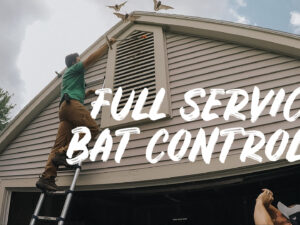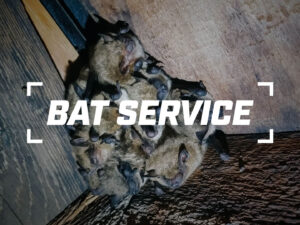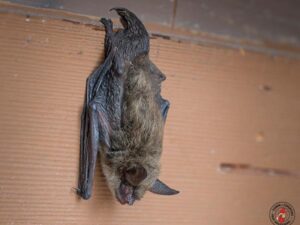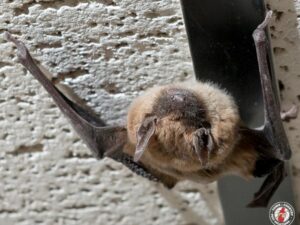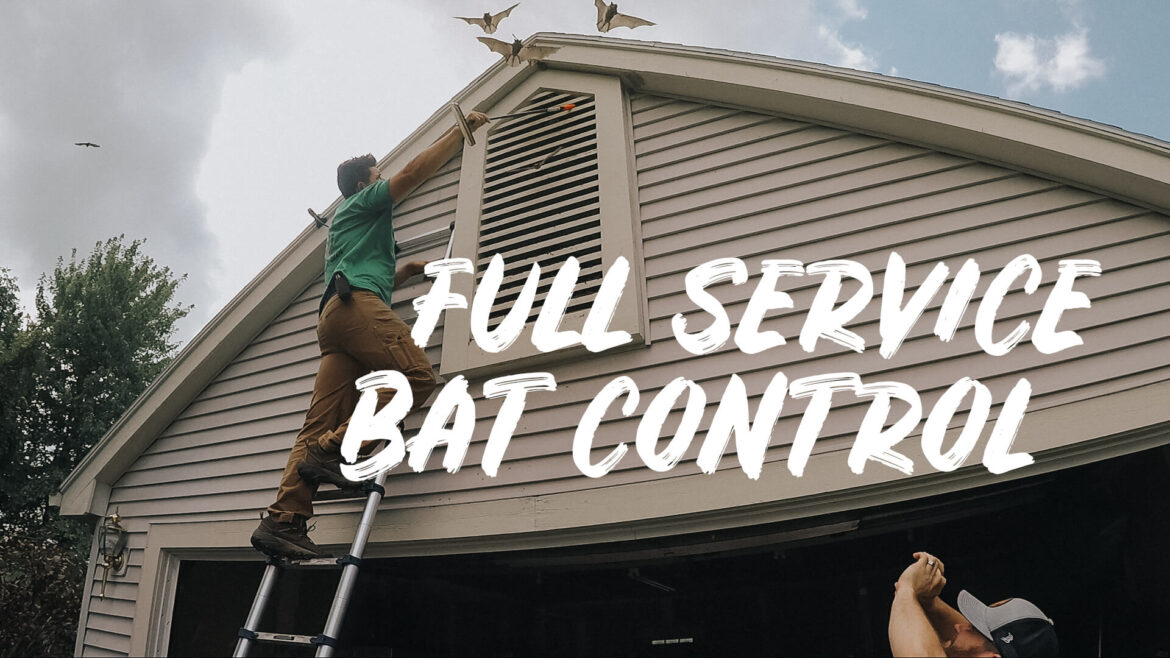
Bats are nocturnal mammals known for their ability to fly. They are attracted to the warmth and shelter that our homes provide, making attics, basements, and crawl spaces ideal roosting spots. While bats are beneficial for the environment, their presence in residential areas can lead to various issues. From unpleasant odors and noise disturbances to the transmission of diseases like rabies, homeowners must take proactive measures to control bat populations in Rochester.
Signs of Bat Infestation
Before implementing bat control measures, it’s crucial to identify signs of bat infestation in your home. Here are some common indicators to look out for:
- Foul Odor: Bats emit a distinct ammonia-like smell. If you detect a strong, musky odor in your home, it could be a sign of bat presence.
- Gnawing Marks: Bats have sharp teeth and may leave behind small gnawing marks on walls, wires, or wooden structures.
- Stains and Droppings: Bat droppings, also known as guano, can accumulate near their roosting sites. Look for dark stains or piles of droppings, which resemble small pellets.
- Unusual Noises: Bats are nocturnal creatures and are most active during the night. If you hear scratching, fluttering, or squeaking sounds coming from your attic or walls, it could indicate a bat infestation.
- Sightings: Spotting bats flying around your property during dusk or dawn is a clear indication of their presence.
If you notice any of these signs, it’s essential to take immediate action to prevent the problem from escalating!

